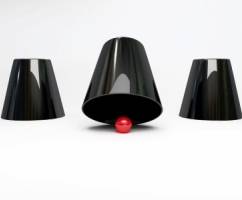May 2, 2013
UK facilities management trade associations announce plans to merge
 We’ll react to this later but here is the press release announcing the proposed merger of all of the UK’s major facilities management and support services trade associations: “The British Institute of Facilities Management, Asset Skills, the Facilities Management Association and the Cleaning and Support Services Association have agreed to the concept of forming one single and united body to represent facilities management and support services. As the facilities management and support services profession and industry have matured and evolved, so too must the bodies representing and leading them. This proposed merger recognises the growing demand for a stronger, unified and collective voice that represents and promotes what is a fundamental component of our economy and day to day businesses.
We’ll react to this later but here is the press release announcing the proposed merger of all of the UK’s major facilities management and support services trade associations: “The British Institute of Facilities Management, Asset Skills, the Facilities Management Association and the Cleaning and Support Services Association have agreed to the concept of forming one single and united body to represent facilities management and support services. As the facilities management and support services profession and industry have matured and evolved, so too must the bodies representing and leading them. This proposed merger recognises the growing demand for a stronger, unified and collective voice that represents and promotes what is a fundamental component of our economy and day to day businesses.
























May 1, 2013
Resistance to workplace change marks the passing of the old order
by Martin Brooker • Comment, Facilities management, Technology
(more…)